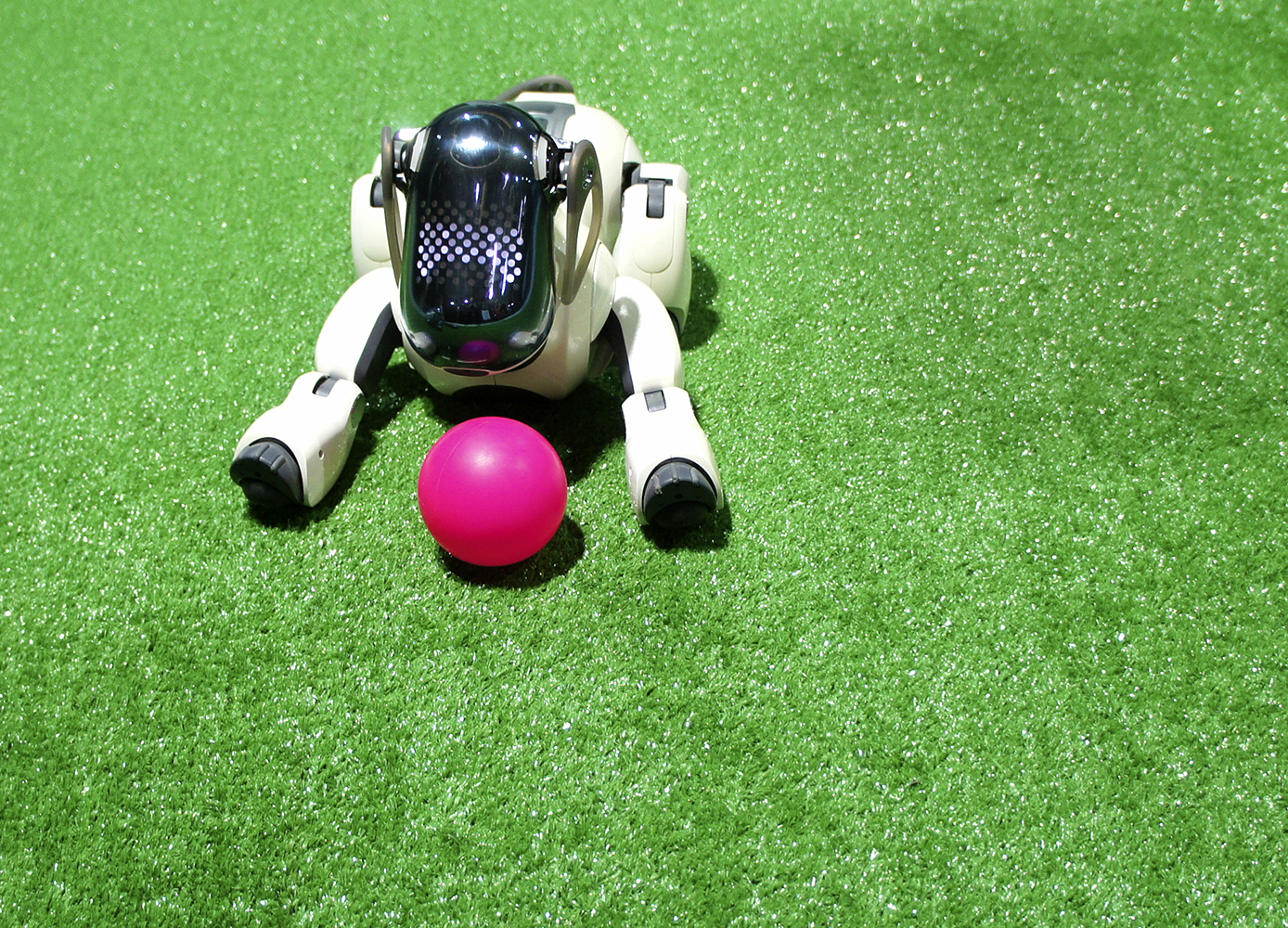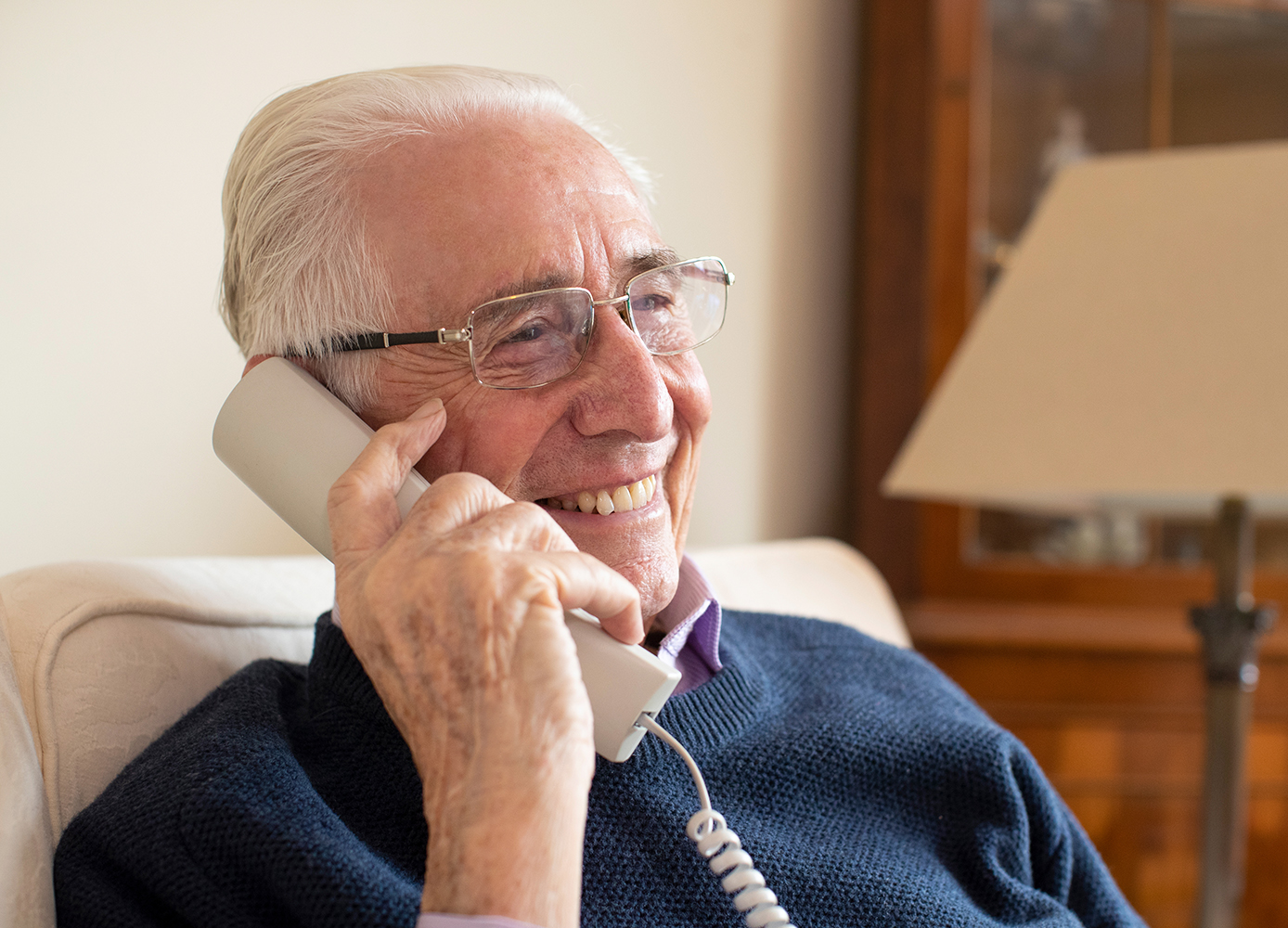New technology is helping to ward off loneliness and keep seniors connected
By Matt Smith
The health risks associated with loneliness are well-documented, and older Canadians are especially at risk. For the first time in history, the number of seniors in this country is greater than that of children 14 or younger, and as of the 2016 census, single-person households are (also for the first time) now the dominant living situation for Canadians. Among older people living alone, social isolation can be a serious problem. According to survey results released in early November by the Toronto Foundation, 10% of Toronto residents say that they don’t know even one person in their neighbourhood.
Thankfully, advances in technology and artificial intelligence (AI) are leading to new and imaginative solutions to this problem. The growing population of seniors makes for growing investment in developing tech products to make life easier in retirement. Virtual assistants, such as Amazon Alexa, have great potential for improving home healthcare, but this technology is still in its early stages. Studies suggest that while people can form connections with these kinds of voice-only digital assistants, the potential for emotional interaction with physical robots is even greater.
We’ve previously covered the adorable Paro, a robotic harp seal developed in Japan that now can serve as a therapy animal in nursing homes around the world. Paro is classified as a medical device and is—for now— prohibitively expensive, but other, more affordable robotic therapy animals are now available, such as the lifelike cats and dogs offered by Joy for All. Developed by the toy manufacturer Hasbro, these digital pets offer companionship for those who may not be able to look after a real furry friend.
Also designed for seniors is ElliQ, a virtual assistant intended “to encourage an active and engaged lifestyle.” ElliQ’s creators hope to address problems unique to those aging in a digital world—among other things, the device can read text messages out loud and respond to them by converting spoken word into text, making it easier for grandparents to connect with their text-happy grandchildren.
Then there’s Pepper, the adorable “personal robot” from Softbank Robotics. Its developers claim that Pepper is the first robot that can recognize and respond to human emotions, making it an ideal candidate to join the doctors and nurses in a medical institution or the caretakers at a nursing home. While you won’t be seeing Pepper in your own home any time soon, the promise of AI that can resonate with humans on an emotional level means that the future is looking brighter and more socially connected for older Canadians.
Photo: iStock/yuliash.





